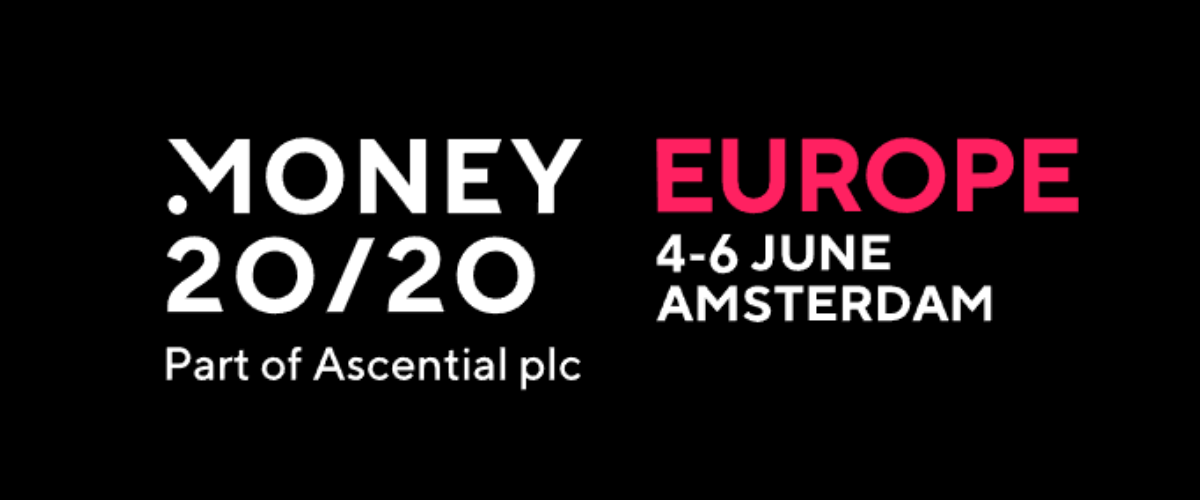Given the increasing volume of international travel across the world, is important to strengthen the means and tools that guarantee a safe and smooth cross-border flow of people. The new Security Identity Alliance paper – Strong Identity, Strong Borders – dives into the very definition of ‘border’ and ponders the potentially decisive role that technology will play in the future of cross-country travelling.
Due to sustained long-term growth in passenger volumes, is important for governments and agencies to think about how to safeguard a secure and efficient flow of people across borders. Guaranteeing security, taking human rights into account and preventing criminal activity across countries are the key elements that the parties need to keep an eye on. Moreover, players need to keep up to date with the constant and evolving digital world.
The Security Identity Alliance (SIA), a global and secure eServices knowledge-sharing and development body, assesses border security at length in its new paper, Strong Identity, Strong Borders, published June 2017. The report ultimately asserts that the increasingly globalised and digitalised world we live in today demands an interconnected eBorder solution that will be able to stand up to the unforeseen challenges of tomorrow:
“Countries around the world are increasingly looking to make best use of available resources at physical borders and other critical transit checkpoints, utilizing solutions that support information sharing and address threats early – without impacting legitimate travellers…. From integrating pre-arrival risk assessment to facilitate the fast processing of travellers who pose a low risk, to biometrics that make it easy to automate immigration controls and assure the privacy of citizens, the race is on to eliminate inefficient practices and use technology to streamline and fortify border security operations.” (Frédéric Trojani, Secure Identity Alliance, Chairman of the Board)
Border security is crucial for governments and organisations that transport goods and people across countries. It is imperative that this matter be taken seriously and development of solutions that are appropriate to the actual landscape demands thorough assessment of the current challenges impacting border security. With this in mind, SIA identified the following challenges, which it considers to be most urgent, namely:
- Sustained long term passenger volumes
- Security
- Large-scale migration flows
- Modernising daily tasks
- Technological transitions
Best practices in border security
In order to respond to these challenges and threats, is important for parties involved to develop a strong and effective use of digital identity. To achieve this, it is necessary to establish reliable methods for verifying passenger data. Furthermore, future identity strategies must prioritise convenience through increased use of biometrical data, and should aim to improve and expand mobile solutions for identification of private individuals while en route across borders.
Automated solutions like eGates and digital kiosks have been vital in strengthening the overall efficiency of border security processes. This is hardly surprising, considering the fact that these innovations allow for on-the-spot profiling of passengers, in addition to other improvements. Despite improvements in such areas, border security could benefit from further incorporating innovative tech solutions that have brought such positive disruption to other sectors, such as financial services.
The deployment of mobile devices to border security personnel would allow for more rapid access of data, not to mention improved control over irregular migratory flows. In addition, mobile devices allow passengers to carry their identity with them in an easily verifiable, reliable, and efficient digital format. Big data and analytics-oriented solutions also offer effective solutions for the storage and organisation of information, which is, of course, critical to strengthening the security of borders.
A framework for border securityCase studies & analyses
In addition to presenting both a context and framework for border security, SIA’s new report also delves into a variety of case studies on countries that are currently in the process of implementing new technologies, or have recently done so. It subsequently offers a review of some of the novel solutions in development.
Aside from presenting the aforementioned country-focused case reports, which featured the likes of Australia, Ghana, Uganda, and Moldova, the paper similarly offers case study assessments of a number of major international organisations, including Interpol, the European Union (EU), the U.S. Department of Homeland Security, and several other well-known international bodies.
Building an effective eBorder strategy
The report is both extensive and comprehensive in its appraisal of the subject matter, which is presented in four distinct parts. The figure pictured above offers a useful visualisation of the content addressed in each section of the report. In the final conclusions of its new paper on border security, Security Identity Alliance presents an endorsement for global implementation of eBorder solutions that could be described as irrefutable, but we will leave that judgement to the reader.
Ready to learn more? Access the new Security Identity Alliance report – Strong Identity, Strong Borders – by clicking here.
]]>


